How to profit from central bank shenanigans
It’s a race to the bottom for the world’s central banks, with the European Central Bank cutting its main interest rate, following more monetary easing from the Bank of England and a rate cut from the People's Bank of China. Tim Bennett explains how you can profit.
Get the latest financial news, insights and expert analysis from our award-winning MoneyWeek team, to help you understand what really matters when it comes to your finances.
You are now subscribed
Your newsletter sign-up was successful
Want to add more newsletters?

Twice daily
MoneyWeek
Get the latest financial news, insights and expert analysis from our award-winning MoneyWeek team, to help you understand what really matters when it comes to your finances.

Four times a week
Look After My Bills
Sign up to our free money-saving newsletter, filled with the latest news and expert advice to help you find the best tips and deals for managing your bills. Start saving today!
It's a race to the bottom for the world's central banks, with the European Central Bank cutting its main interest rate, following more monetary easing from the Bank of England and a rate cut from the People's Bank of China.
The most interesting bit from a spread better's point of view is the effect this has on a currency. Grasping that is one of the absolute basics of playing the currency markets.
Interest rates affect currencies perhaps more directly than any other factor. And the short-term impact is usually entirely predictable. If a bank such as the ECB lowers the main euro interest rate, the currency falls against other currencies or in forex parlance, it "weakens".
MoneyWeek
Subscribe to MoneyWeek today and get your first six magazine issues absolutely FREE

Sign up to Money Morning
Don't miss the latest investment and personal finances news, market analysis, plus money-saving tips with our free twice-daily newsletter
Don't miss the latest investment and personal finances news, market analysis, plus money-saving tips with our free twice-daily newsletter
Sure enough after this morning's interest rate cut to 0.75%, the euro fell around 0.5% against the US dollar. It also dropped against other currencies such as the Australian and New Zealand dollars. So anyone who was short say EUR/USD in anticipation would have made money.
Equally, moves to create more liquidity such as quantitative easing (QE) will tend to weaken a currency as, very broadly speaking, QE creates more of the currency in question which, as in any market, will tend to lower the price of it against other currencies.
The flipside of this is that other currencies strengthen. This can simply be by default currency markets are zero sum in the sense that one currency has to weaken or strengthen against another. But it can also be because a central bank has chosen to raise rates, albeit this isn't an obvious prospect for any of the major currencies at the moment.
Watch out for the indirect moves that can occur sometimes. For example the Aussie dollar got an extra fillip from the move by China as the forex markets decided that anything that might help the Chinese economy would also help the Aussies who sell a lot of commodities such as metals there.
What is slightly more difficult to call is what will happen to the euro next. There are two views (as there usually are in financial markets!). Some analysts see this move actually causing the euro to strengthen against other currencies such as the pound, as markets perceive that at last the Europeans are doing something to restore faith in Europe's battered economy. After weeks of largely fruitless summits, anything concrete may restore confidence is the logic.
However I don't buy that argument. Yes the ECB has "done something" but then again it needed to, and fast given the paralysis that seems to be infecting the politicians as well as the European economy.
Get the latest financial news, insights and expert analysis from our award-winning MoneyWeek team, to help you understand what really matters when it comes to your finances.
Tim graduated with a history degree from Cambridge University in 1989 and, after a year of travelling, joined the financial services firm Ernst and Young in 1990, qualifying as a chartered accountant in 1994.
He then moved into financial markets training, designing and running a variety of courses at graduate level and beyond for a range of organisations including the Securities and Investment Institute and UBS. He joined MoneyWeek in 2007.
-
 Early signs of the AI apocalypse?
Early signs of the AI apocalypse?Uncertainty is rife as investors question what the impact of AI will be.
-
 Reach for the stars to boost Britain's space industry
Reach for the stars to boost Britain's space industryopinion We can’t afford to neglect Britain's space industry. Unfortunately, the government is taking completely the wrong approach, says Matthew Lynn
-
 Investors dash into the US dollar
Investors dash into the US dollarNews The value of the US dollar has soared as investors pile in. The euro has hit parity, while the Japanese yen and the Swedish krona have fared even worse.
-
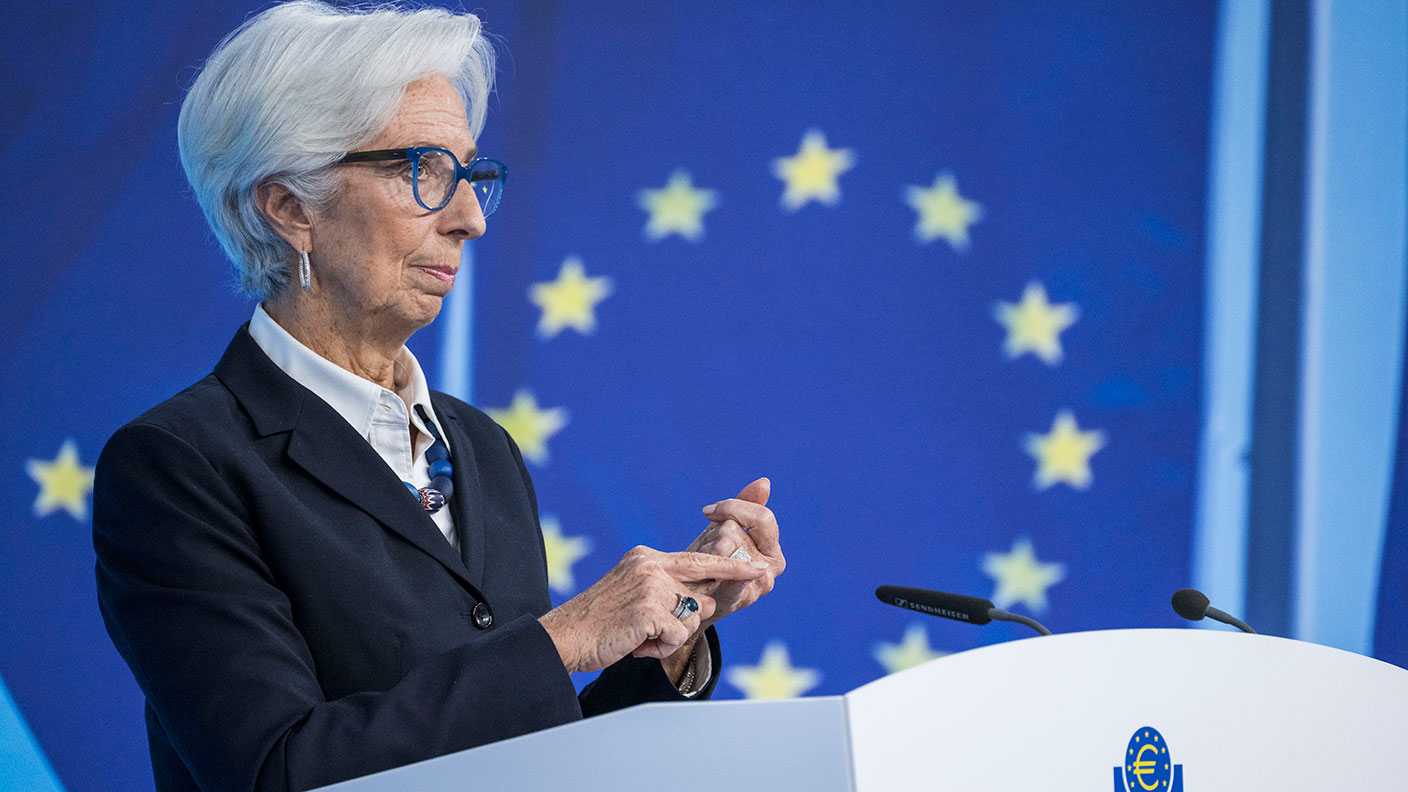 Could a stronger euro bring relief to global markets?
Could a stronger euro bring relief to global markets?Analysis The European Central Bank is set to end its negative interest rate policy. That should bring some relief to markets, says John Stepek. Here’s why.
-
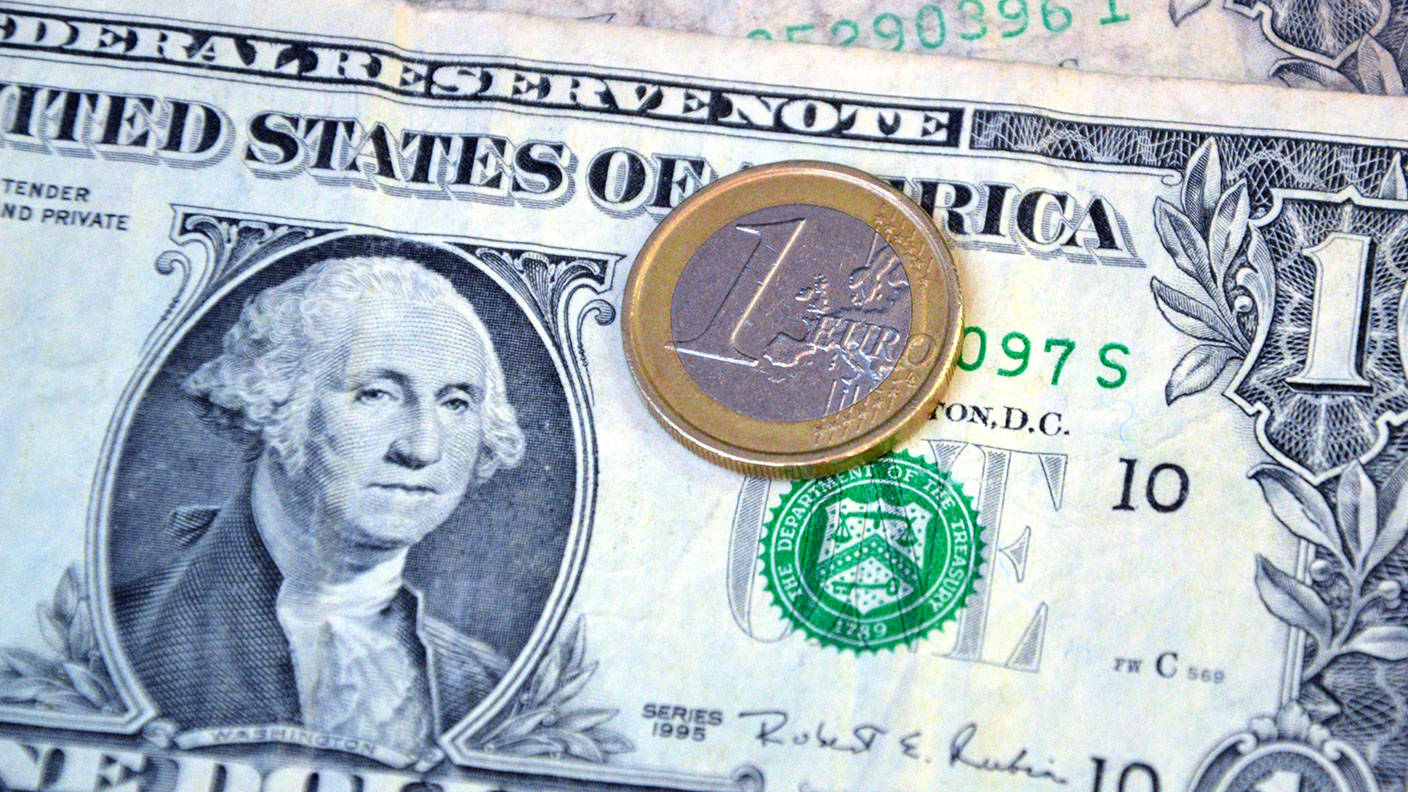 A weakening US dollar is good news for markets – but will it continue?
A weakening US dollar is good news for markets – but will it continue?Opinion The US dollar – the most important currency in the world – is on the slide. And that's good news for the stockmarket rally. John Stepek looks at what could derail things.
-
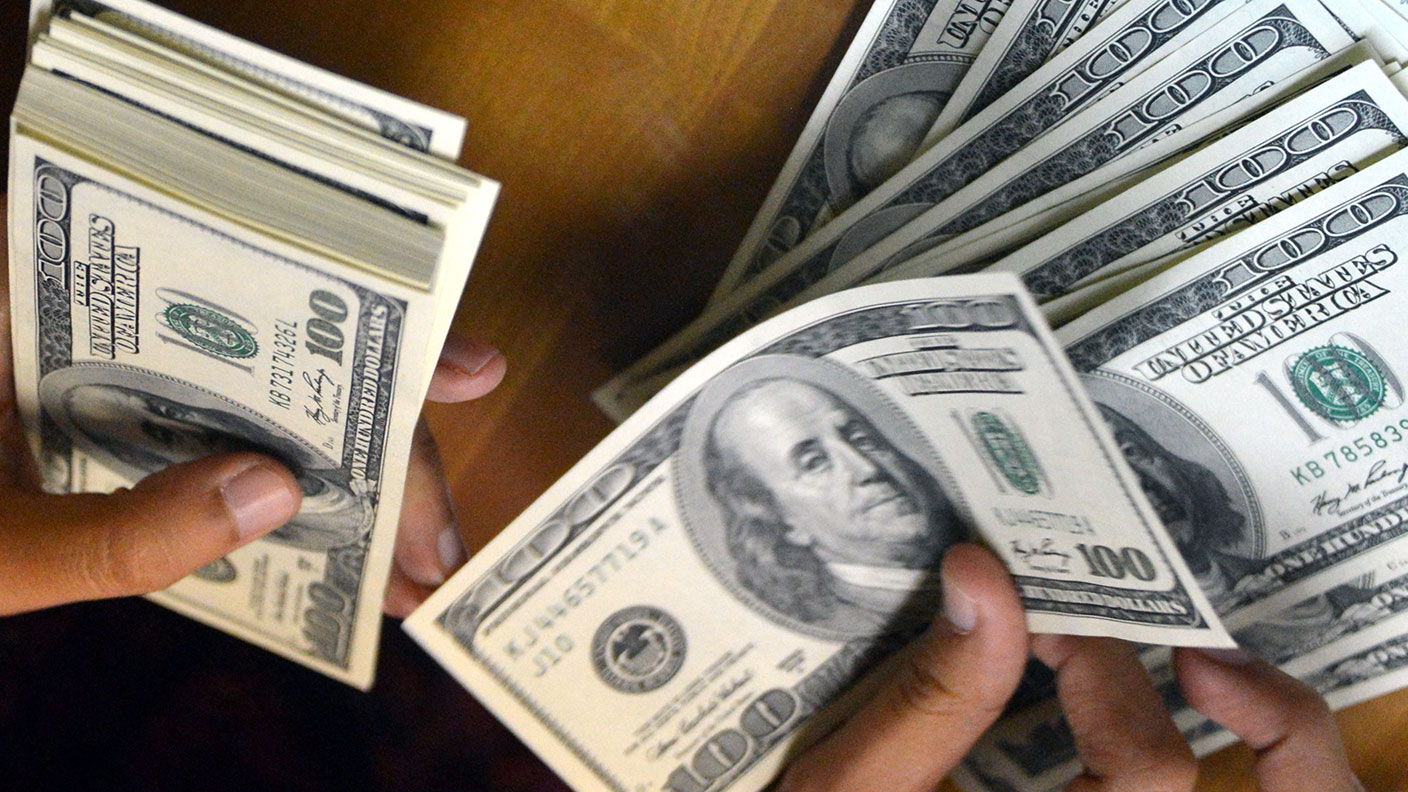 How the US dollar standard is now suffocating the global economy
How the US dollar standard is now suffocating the global economyNews In times of crisis, everyone wants cash. But not just any cash – they want the US dollar. John Stepek explains why the rush for dollars is putting a big dent in an already fragile global economy.
-
 The US dollar’s days as the world's most important currency are numbered – it’s official
The US dollar’s days as the world's most important currency are numbered – it’s officialFeatures Central bankers reckon the dollar's days as the world’s reserve currency are numbered. But what could replace it? John Stepek takes a look at Bank of England governor Mark Carney's cunning plan.
-
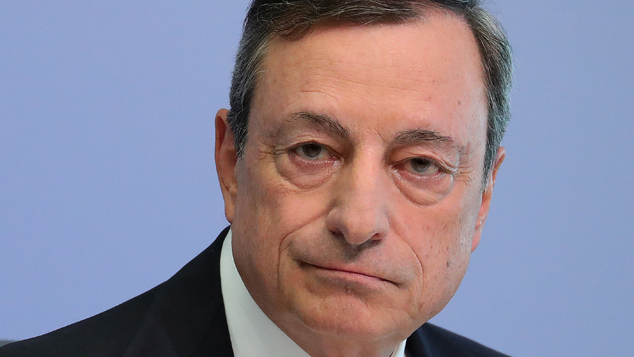 The pound could hit parity with the euro – but if it does, buy it
The pound could hit parity with the euro – but if it does, buy itFeatures Anyone visiting the continent this summer will have been in for a rude shock at the cash till, says Dominic Frisby. But the pound won't stay down forever.
-
Gold’s rally should continue
Features Matthew Partridge looks at where the gold price is heading next, and what that means for your online trading.
-
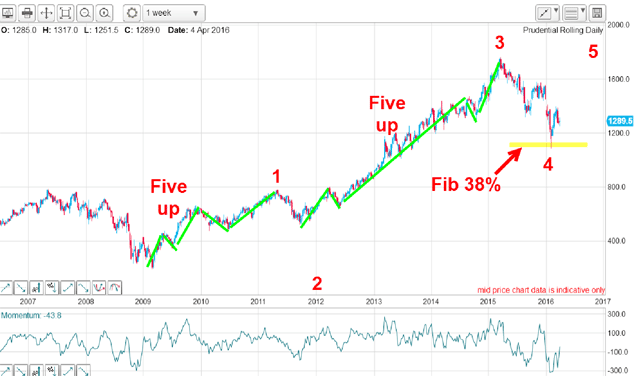 Prudent trades in Prudential
Prudent trades in PrudentialFeatures John C Burford shows how his trading methods can be used for more than just indices and currencies. They work for large-cap shares too.